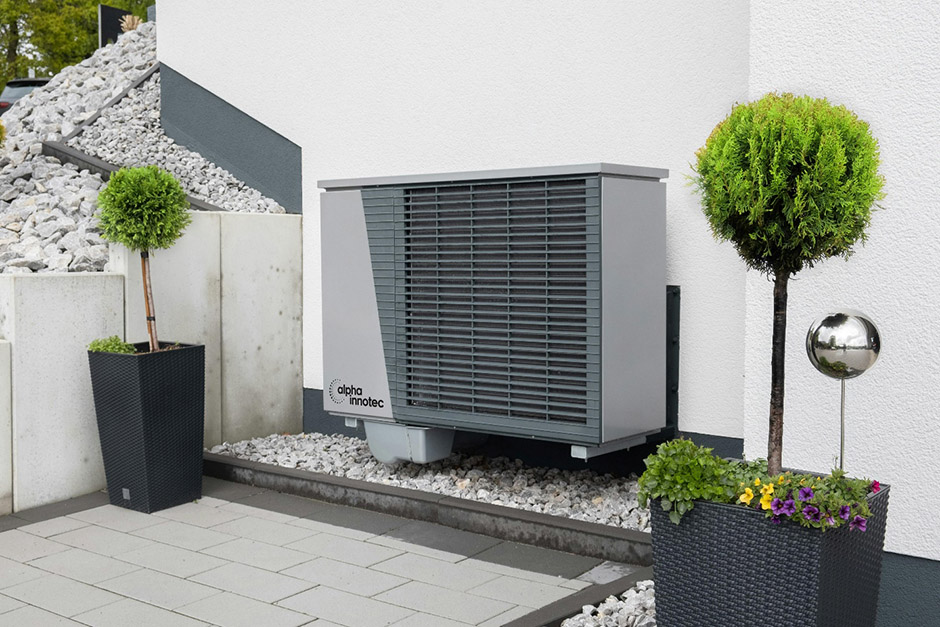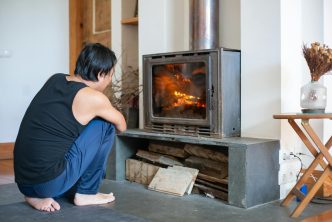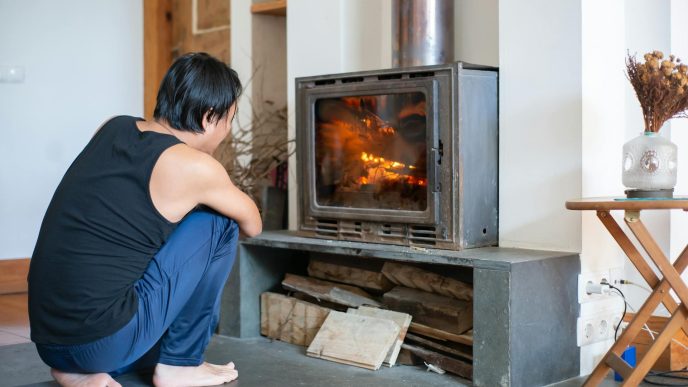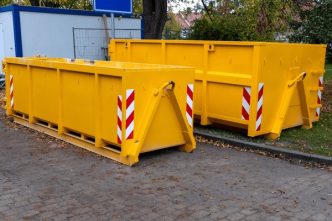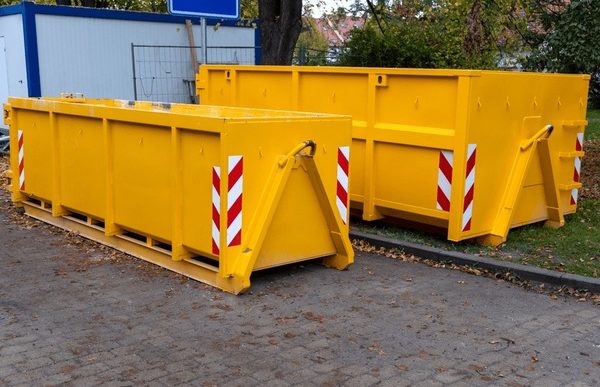While it might be tempting to focus on cozy evenings and holiday plans, this is also the perfect time to make sure your home is ready for the colder months ahead. A little preparation now can save you from costly repairs, higher energy bills, and uncomfortable surprises later.
For homeowners in places like Shreveport, Louisiana, winter might not bring heavy snow, but cold temperatures and unpredictable weather can still take a toll on your home. From ensuring your heating system works efficiently to protecting pipes and sealing drafts, proper seasonal maintenance helps keep your home warm, safe, and energy-efficient. Preparing early also gives you peace of mind knowing that when those chilly nights arrive, your home will be ready to handle them.
Before you turn up the thermostat and settle in for the season, here are some key steps to help prepare your home for winter, starting with the most important system of all: your heating.
Inspect and Upgrade Your Heating System
Your home’s heating system is the heart of your comfort during winter, and it’s the first thing you should check when preparing for colder weather. Even if your system worked fine last year, wear and tear can build up quietly over time. Small issues like a clogged filter, a loose belt, or an aging motor can turn into major problems when the temperature drops.
Before the cold weather sets in, schedule a professional inspection to ensure your furnace or heat pump is operating safely and efficiently. Technicians can spot potential issues early, clean the components, and make necessary adjustments to help your system perform its best.
If your unit is over 10 to 15 years old or needs frequent repairs, it may be more cost-effective to replace it altogether. Investing in heating system replacement in Shreveport, LA, can help you save money on energy bills and avoid unexpected breakdowns during the coldest days of the year. A modern heating system is not only more energy-efficient but also provides consistent warmth and better indoor air quality, which is especially important for families spending more time indoors during winter.
Professional HVAC experts in Shreveport provide installation and maintenance services to ensure that every system runs smoothly from day one. They can assess your home’s size, insulation, and energy needs to recommend the right system for maximum efficiency. By having your heating unit inspected or replaced before winter hits, you can enjoy a reliable, worry-free season without those sudden temperature dips catching you off guard.
Seal Leaks and Insulate for Energy Efficiency
Even the most advanced heating system can’t perform well if your home isn’t properly sealed or insulated. Drafts and leaks around windows, doors, and attics allow warm air to escape and cold air to creep in, forcing your heating system to work harder than necessary.
Start by walking through your home and feeling for cold air near windows and doors. You can use caulk to seal cracks and weatherstripping to tighten gaps around frames. Check your attic insulation as well, since heat tends to rise and escape through the roof. Adding extra insulation can significantly reduce energy loss and lower your utility bills.
Don’t forget your basement or crawl space; insulating these areas helps stabilize indoor temperatures. The investment in insulation and sealing pays off quickly, as you’ll notice your home staying warmer for longer without having to turn up the thermostat.
Protect Your Plumbing from Freezing
Frozen pipes rank among the most frequent and expensive issues homeowners encounter during winter. As the water inside a pipe freezes, it expands, building pressure that can eventually cause the pipe to burst. Preventing this issue is much easier (and cheaper) than fixing it.
Before temperatures drop, disconnect garden hoses, drain outdoor faucets, and shut off any exterior water lines. For pipes located in unheated spaces like garages or crawl spaces, wrap them with insulation sleeves or heat tape. During particularly cold nights, let faucets drip slightly to keep water flowing and prevent freezing.
Maintaining a steady indoor temperature is also key. Even if you’re away for a few days, keep your thermostat set to at least 55°F to protect your plumbing. A few preventive measures now can save you from a flooded basement or damaged walls later.
Check Windows, Doors, and Ventilation
Windows and doors are major sources of heat loss during winter. If you feel drafts even after sealing, consider upgrading to energy-efficient windows or adding thermal curtains for extra insulation. For doors, replacing old or cracked seals can make a big difference.
Proper ventilation is equally important, especially when homes are closed up tight during the cold months. Ensure vents are unobstructed and your HVAC system’s filters are clean. It helps maintain healthy air quality while preventing moisture buildup that can lead to mold or mildew.
Balanced ventilation keeps the air fresh and reduces condensation on windows, a common sign that your home’s humidity is too high. By maintaining good airflow, you’ll also help your heating system distribute warmth more evenly throughout your home.
Prepare Your Roof, Gutters, and Exterior
Your roof and gutters protect your home from winter weather, so keeping them in top condition is essential. Start by cleaning leaves and debris from your gutters to prevent clogs that can cause water to back up and freeze. It helps avoid ice dams that can damage both your roof and interior walls.
Inspect your roof for loose shingles, cracks, or areas where water might seep in. If necessary, schedule repairs before the first freeze. It’s also smart to trim back overhanging branches that could break under the weight of ice or snow.
Don’t forget to check your exterior lighting and walkways as well. Winter days are shorter, and having well-lit paths and entrances helps keep your home safe and accessible during darker evenings.
Test Safety Devices and Prepare for Emergencies
Winter is a time when heating systems run more frequently, so it’s critical to test your smoke detectors and carbon monoxide alarms. Replace batteries and ensure devices are functioning properly. Carbon monoxide leaks can occur if heating equipment malfunctions, making these detectors life-saving tools.
It’s also a good idea to assemble a small emergency kit. Include essentials like flashlights, extra batteries, blankets, bottled water, and non-perishable food. If you live in an area that occasionally loses power, consider keeping a backup heat source or generator on hand, and make sure it’s safely installed and used.
Lastly, keep contact information for local HVAC and plumbing professionals handy. In case of unexpected breakdowns or leaks, you’ll be ready to get help fast.
Winter preparation extends beyond the walls of your home. Take time to protect outdoor furniture by covering or storing it, and check decks or patios for any necessary repairs before moisture and cold weather set in.
If you have sprinklers or irrigation systems, make sure they’re properly drained to prevent freezing and cracking. Clearing your yard of fallen branches and debris also helps prevent damage during strong winds or storms.
Outdoor maintenance might seem minor, but it’s a vital step in protecting your home’s overall structure and safety through the season.


